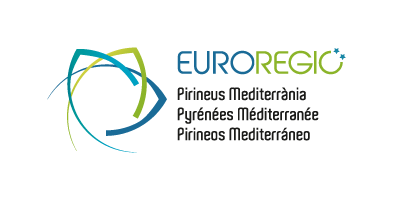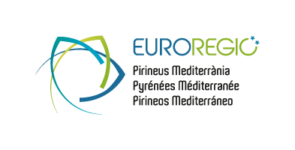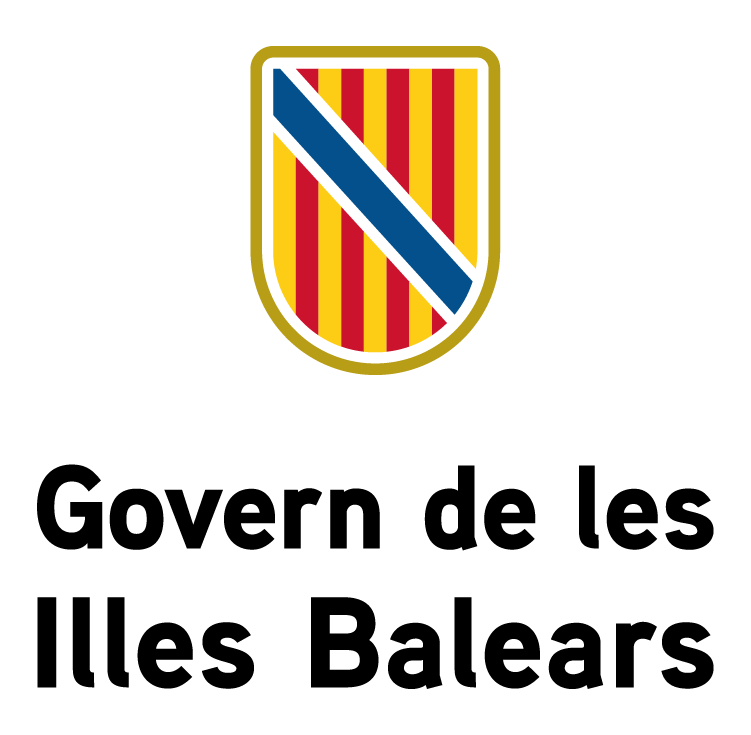Smart Green Water

General Information
Programme: INTERREG SUDOE
SUDOE Priority: Promote social cohesion and territorial and demographic balance in Southwest Europe (SUDOE) through innovation and the transformation of productive sectors.
Specific aim: To develop capacities for smart specialisation, industrial transition and entrepreneurship.
Total budget: EUR 1 582 930
EU funding: 1 187 197,50 EUR
Co-financing: to be provided by each partner from its own funds.
Duration: 2,5 years
Website: https://interreg-sudoe.eu/proyecto-interreg/smart-green-water/
Newsletter: https://bit.ly/4gUdwAS (ES), https://bit.ly/3Yj3fXz (FR), https://bit.ly/3U4Knco (PT)
Partnership









General aims
Promote social cohesion and territorial and demographic balance in Southwest Europe (SUDOE) through innovation and transformation of the productive sectors.
The main objective of SMART GREEN WATER is to promote common responses to the challenges of agriculture in the SUDOE area, through the implementation of smart specialisation strategies, for a more sustainable and intelligent agricultural sector that strengthens the socio-economic fabric of rural areas. To this purpose, the partners will work together to implement solutions to accelerate the digital transition of agriculture towards a more resilient agricultural sector, adapted to climate hazards, optimised and more sober in the consumption of water resources. The project will develop a transnational strategy that promotes the development, availability and dissemination of digital solutions to build the necessary capacities among key actors in the agricultural value chain and innovation.
Specific aims
- Develop capacities for smart specialisation, industrial transition and entrepreneurship.
- Elaborate a transnational strategy that drives the development of integrated solutions (products, innovative services) to respond to the needs of sustainable, smart and digital agriculture in implementation of the priorities of the 3 regions.
- Building the necessary capacities of key actors in the value chain for sustainable, smart and digital agriculture.
The major challenge for agriculture in the SUDOE is to cope with the consequences of climate change, in particular the increasingly frequent episodes of drought. The availability of freshwater continues to decrease, making the agricultural sector, which is highly dependent on water resources, particularly vulnerable. Conditions need to be created to promote resilience in agriculture by improving the use of an increasingly scarce resource.
To tackle this challenge, the digital transformation of agriculture is essential. To support this transition, the SMART GREEN WATER project partners will promote responses by implementing smart specialisation strategies (S3) for a more sustainable agricultural sector and by increasing the digital competences of the sector, thus strengthening the social fabric. Thanks to transnational cooperation, the project partners will benefit from a wealth of situations: types of crops and irrigation, water availability, collective water management organisations, etc. The solutions, tested through pilot actions and transportable to different contexts, will make it possible to identify the best tools to meet farmers’ needs. Innovative irrigation optimisation technologies will be consolidated and disseminated through experimentation in partner regions.
Finally, digital tools will be made more accessible through a transnational training programme and a link between innovative companies and the agricultural sector. The transnational strategy developed and validated through proven solutions will connect innovation ecosystems, public administrations and the agricultural sector, the end user. The resulting digitalisation support will ensure a more water-efficient agricultural sector and rural territories that are more resilient to the effects of climate change.
Actions
- A transnational strategy for the digitisation of irrigation will be developed, based on the territorial diagnosis of the regions concerned.
- A characterisation method will be developed, taking into account the functionalities of digital irrigation solutions according to farmers’ needs.
- The digital solutions evaluated will be made available to farmers on a transnational platform allowing them to filter their search for solutions according to their needs.
- Joint deployment, on a pilot and transnational scale, of “digital twins” applied to irrigation and fertigation management.
- Joint promotion of training (technical and online days) for farmers, to meet the specific needs of each region: water reuse by French farmers, for example, and collective water management in Spain and Portugal, through the development of “Drought Contingency Plans”.
- Linking technology companies with farmers during innovation forums and demonstration days to stimulate supply, demand and matching of needs and solutions.
Target
Farmers and related entities, national, regional and local public authorities, sectoral agencies, higher education and research organisations, SMEs, business support organisations (chambers of commerce…), general public.
Role of the Euroregion
The Euroregion team as project leader coordinates the monitoring and management of the project, as well as communication and dissemination actions.









